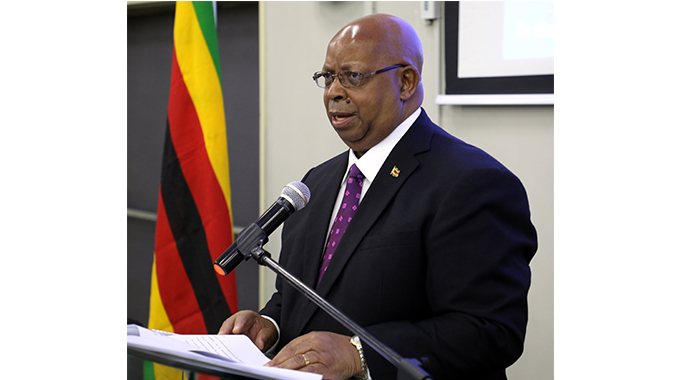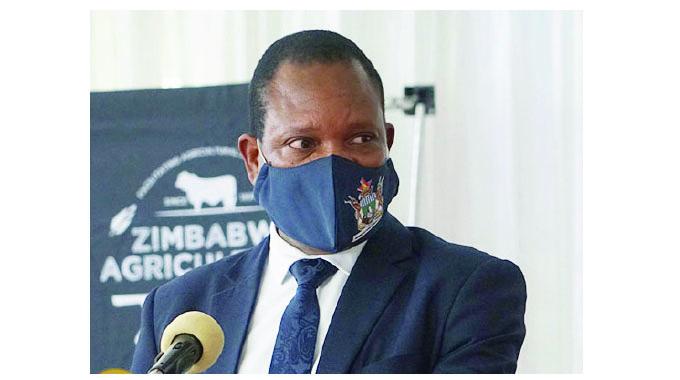Gender activists celebrate constitution amendment

Nduduzo Tshuma, Political Editor
THE extension of the women’s quota in Parliament by a further ten years should not be abused by political parties to prevent women from participating in open polls, gender activists have said.
The women’s quota, which came into effect in 2013 and provided reserved 60 seats for women in Parliament, was set to expire at the holding of the 2023 polls.
The Government last Friday extended the life of the women’s quota in Parliament by an additional ten years among a raft of measures.
In the Amendment (2) of the constitution published in the Government Gazette, Section 124 of the Constitution has been amended to give the women’s quota an additional ten-year life.
The amendment also saw youths getting 10 seats in Parliament where:
“Persons aged from twenty-one to thirty-five years of age, one from each of the provinces into which Zimbabwe is divided, elected under a party-list system of proportional representation which is based on the votes cast for candidates representing political parties in a general election for constituency members in the provinces, and in which male and female candidates are listed alternately.”
The amendment also provides that political parties must ensure that ten of the sixty women members are under the age of thirty-five, women with disabilities are represented on their party lists and young women with disabilities are represented on their party lists in terms of an Act of Parliament.
Also amended was Section 268 for ten women to be elected by a system of proportional representation in provincial councils to also include women living with disabilities.
The amendment of Section 277 reserved a 30 percent quota for women in local authorities.
Gender activist Ms Ntandoyenkosi Ndlovu said while the developments were commendable, the onus was on the political parties to push for women political participation.
“We have seen for example in the 2018 polls that despite the women’s quota, the number of women in Parliament dropped compared to 2013. What we are saying is that women must not be confined to quotas only but must be allowed to participate in the open polls so that we get more females in the leadership spaces,” she said.
Another gender activist, Ms Emily Sibanda said the constitutional amendment is just a launch pad towards achieving parity.
“You realise that we are still to reach the desired 50/50 parity hence in celebrating the constitutional amendment, we must see it as the beginning and not the end. More still needs to be done to promote women political participation,” she said.
Fellow gender activist Mrs Loveness Dube said, “What we need is a permanent women’s quota because political parties are not pushing for gender parity. Then we will advocate for further amendments so that we get to 50 percent.”
The Speaker Parliament Advocate Jacob Mudenda, who took it upon himself to advocate for the extension of the women’s, quota said proportional representation enriched parliamentary debates and helped in mitigating gender stereotypes in politics.
“In fact, an increase in the proportion of women elected under the proportional representation matrix has made a difference in the passage of legislation beneficial towards mitigating the negative attitudes against women participation in politics,” said Adv Mudenda at a Zimbabwe Women’s Parliamentary Caucus (ZWPC) photobook in Harare in 2019.








Comments